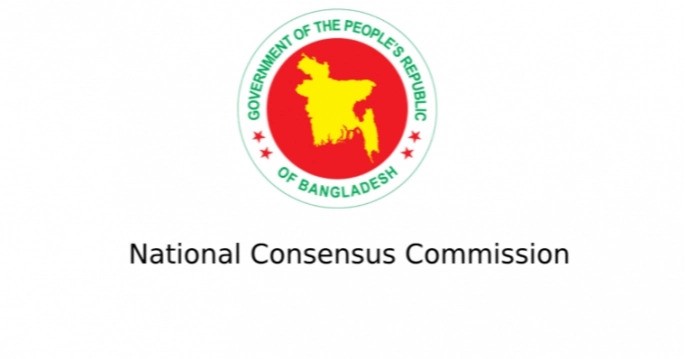The National Consensus Commission has decided that the 100 seats of the proposed upper house will be formed based on the proportional representation (PR) system.
Despite lengthy discussions, disagreements and a lack of consensus among political parties regarding the method of electing members to the upper house led the Commission to take responsibility for finalising the matter.
As part of fulfilling that responsibility, the Commission has made this decision.
According to the Commission’s proposal, the upper house will not have any independent law-making authority. However, except for money bills, all other bills must be presented in both the lower and upper houses.
The upper house will not have the authority to permanently block any bill. If a bill is withheld for more than one month, it will be considered approved by the upper house.
The upper house will review and analyse bills proposed in the lower house and must either approve or reject those within a stipulated time.
If the upper house approves a bill, it will be sent to the president for assent after passing both houses.
If the upper house rejects a bill, it will return the bill to the lower house with recommendations for amendments. The lower house may accept those recommendations fully, partially, or reject them altogether.
Candidates for the upper house must be announced alongside those for the national parliamentary elections. The proposal also states that 10% of the candidates for the upper house must be women.
BNP Standing Committee member Salahuddin Ahmed said, “Several parties and alliances, including the BNP, oppose the PR system and the role and responsibilities of the upper house. We want this written into the record if we are to sign.”
In Bangladesh’s socio-economic context, parties such as the CPB, BASAD, Jamiat-e-Ulama-e-Islam, and the People’s Party oppose the formation of the upper house. Ganosamhati Andolan has stated that they do not support an upper house that does not have law-making powers.


